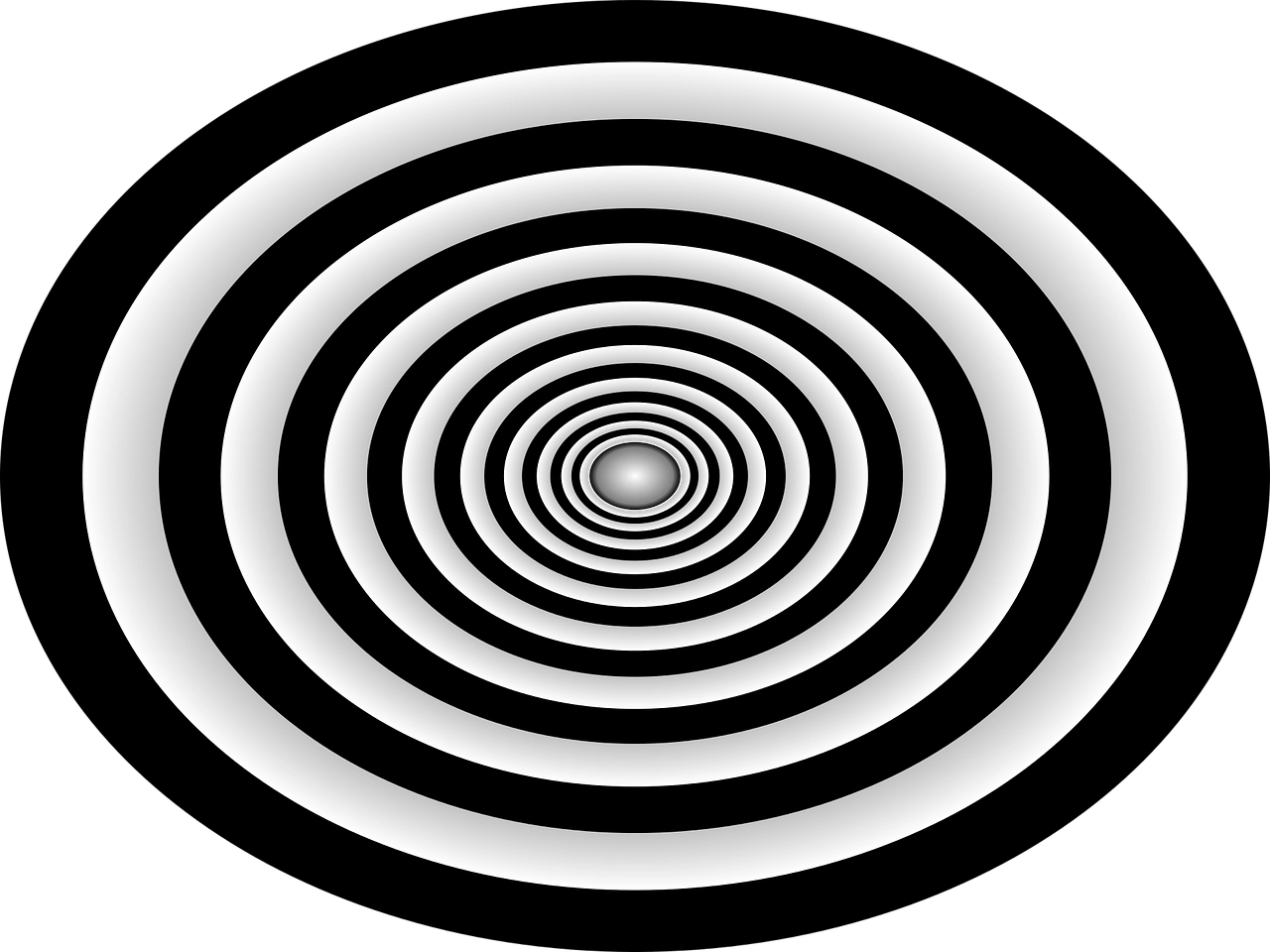Can Vedic Astrology Predict Your Future Accurately?

Looking for more amazing products? Check out our online store and explore our collection here! Happy shopping!
Before diving in, please note: This post is for informational purposes only. If you’d like to know more about how we approach topics, feel free to check out our friendly Disclaimer Page.
Hey there, amazing readers! 
We’re committed to delivering quality posts, and your support (even just sticking around despite the ads) means everything to us. So, bear with us, and thanks for helping us keep the good vibes rolling. Now, on to the fun stuff!
TRANSLATE BUTTON AT THE END OF THE ARTICLE
A Quick Overview
Vedic astrology, an ancient practice with roots in India, intrigues many with its promises of predicting future events and personal traits.
But can it really provide accurate insights into our lives?
In this article, we’ll explore Vedic astrology’s origins, its key concepts, and how it measures up against Western astrology.
We’ll dive into the importance of birth charts, the role of planets and signs, and share real-life examples of predictions—both accurate and otherwise.
So, grab your favorite drink, sit back, and let’s delve into this fascinating subject.
Introduction to Vedic Astrology and Its Origins
Vedic astrology, or Jyotish, dates back thousands of years and is rooted in ancient Indian scriptures called the Vedas.
Think of it as the mystical side of ancient wisdom.
The Vedas, which are spiritual texts, hold insights into various aspects of life, including astronomy, medicine, and philosophy.
Vedic astrology focuses on the positions of celestial bodies at the time of one’s birth and how these influence an individual’s life experiences.
This practice emphasizes the connection between the cosmos and earthly events.
To the Vedic astrologer, the universe is a living entity, and the movements of planets reflect and influence our thoughts, emotions, and actions.
The belief here is that we are all part of a larger cosmic dance, with each planet playing a role in our lives.
What sets Vedic astrology apart is its predictive nature.
While many spiritual practices focus on self-reflection, Vedic astrology aims to foretell the future by interpreting celestial movements.
This ancient science has evolved over the centuries, but its core principles remain deeply entrenched in Indian culture and spirituality.
Understanding the Basics of Vedic Astrology
At its core, Vedic astrology is a system that maps the sky at the time of your birth.
This celestial snapshot becomes your birth chart, or Janam Kundali.
It captures the positions of the Sun, Moon, and planets across twelve houses, each representing different areas of life.
Here are some key concepts:
Zodiac Signs: There are twelve zodiac signs in Vedic astrology, just like Western astrology.
However, Vedic astrology uses a sidereal zodiac, which accounts for the actual positions of stars.
Houses: The chart is divided into twelve houses, each representing various life aspects such as career, relationships, and health.
Planets: In Vedic astrology, the nine planets (including the Sun and Moon) play pivotal roles in shaping your personality and experiences.
Understanding these basic principles is like laying the foundation for a house.
It gives you the structure needed to interpret more complex astrological insights later on.
The Role of Birth Charts in Predictions
Your birth chart is like your personal cosmic blueprint.
It illustrates the planetary positions at your moment of birth.
Vedic astrologers analyze this chart to predict future events and trends in different life areas.
The birth chart reveals:
Personal Traits: It can highlight your strengths, weaknesses, and inherent skills.
Life Path: The chart may suggest significant life events, career choices, and relationship dynamics.
Timing: Vedic astrology emphasizes auspicious times for undertaking important tasks, often referred to as ‘muhurta.’
Astrologers dive into the intricacies of the birth chart to offer personalized predictions.
The chart acts as a guiding star, leading individuals toward their life purpose and helping them navigate challenges.
Key Components: Planets, Houses, and Signs Explained
Let’s break down the main components of Vedic astrology for a better grasp:
Planets: There are nine primary planets—Sun, Moon, Mars, Mercury, Jupiter, Venus, Saturn, Rahu, and Ketu.
Each has unique characteristics and influences.
For example, Jupiter is symbolized as the planet of wisdom and expansion, while Saturn represents discipline and challenges.
Houses: Each house represents different aspects of life:
- 1st House: Self and personality
2nd House: Wealth and possessions
3rd House: Communication and siblings
(and so on…)
Signs: Each zodiac sign holds distinct qualities.
Aries is known for its assertiveness, while Pisces often embodies intuition and spirituality.
The interplay between planets, houses, and signs creates a narrative that astrologers interpret to forecast future trends.
This rich tapestry of influences makes Vedic astrology a comprehensive tool for understanding life’s complexities.
How Vedic Astrology Differs from Western Astrology
While both Vedic and Western astrology aim to interpret celestial influences, their methodologies and interpretations can differ significantly.
Zodiac System: Western astrology employs a tropical zodiac based on the seasons, while Vedic astrology uses a sidereal zodiac based on the actual positions of constellations.
This often results in a difference of around 23 degrees.
Focus: Vedic astrology emphasizes predictive analysis, while Western astrology often focuses on psychological aspects and personal growth.
Chart Reading: Vedic astrologers consider various divisional charts (Vargas) to provide deeper insights, while Western astrologers typically focus on the main natal chart.
These differences can lead to individuals having different zodiac signs depending on which system they refer to.
It’s fascinating how varied interpretations can provide unique insights into our lives!
The Importance of Accurate Birth Time and Location
One crucial element that can significantly affect predictions is the accuracy of your birth time and location.
An incorrect time can shift the entire birth chart, leading to misleading interpretations.
Timing: The exact time of birth determines the ascendant sign and the positioning of planets in houses.
Even a difference of a few minutes can alter the chart considerably.
Location: Where you were born also plays a vital role.
It influences the local time zone and the astrological settings concerning the celestial horizon at your birth moment.
To gain accurate predictions from Vedic astrology, precise data is essential.
This is why many astrologers might ask for your birth certificate or detailed information about your birth.
Can Vedic Astrology Really Predict Your Future?
This question often stirs up debates.
Supporters believe that Vedic astrology offers profound insights into life’s patterns and potential future events.
They argue that the positions of celestial bodies at the time of birth create a unique energetic imprint, influencing a person’s journey.
Research shows that many people feel validated by the insights provided by Vedic astrologers.
They often report experiencing significant life changes or realizations after consultations.
However, it’s essential to approach these predictions with a balanced mindset.
They should be viewed as guidance rather than definitive answers.
The future isn’t set in stone.
Free will plays a critical role in shaping our paths.
Real-Life Examples of Accurate Predictions
There are numerous anecdotes of individuals experiencing accurate predictions through Vedic astrology.
For instance, renowned astrologer K.N.
Rao made various predictions about political events in India that later came to pass.
Another example is an individual who went to a Vedic astrologer seeking clarity on career directions.
The astrologer pinpointed a specific time frame in which a significant job opportunity would arise.
To the individual’s astonishment, the opportunity materialized almost exactly as predicted.
These real-life stories serve as a testament to the potential accuracy of Vedic astrology.
They highlight how these insights can resonate with individuals, providing them with a sense of direction.
The Skeptic’s View: Criticism of Vedic Astrology
While many embrace Vedic astrology, skepticism exists, too.
Critics argue that astrology lacks scientific backing and relies on anecdotal evidence.
They claim that the predictions are often vague and can apply to a broad audience, leading to the Forer effect—where individuals see personal relevance in general statements.
Some skeptics also point out that astrology can promote fatalism, leading individuals to believe their futures are predetermined.
This perspective can hinder personal growth and responsibility.
Engaging in these debates can be healthy.
It’s important to understand both sides, allowing for a more well-rounded perspective on astrology.
How to Find a Reliable Vedic Astrologer
If you’re considering consulting a Vedic astrologer, finding someone trustworthy is crucial.
Here are some tips:
Research: Look for referrals or reviews online.
Personal recommendations can be incredibly valuable.
Credentials: Check their qualifications and background in Vedic astrology.
A well-trained astrologer will have a solid understanding of the principles and techniques.
Consultation Style: Some astrologers focus solely on predictions, while others emphasize guidance and counseling.
Choose one whose approach resonates with you.
Initial Meeting: A brief initial consultation can help you gauge compatibility.
Taking these steps can lead to a more fulfilling and insightful experience.
Tips for Using Vedic Astrology in Daily Life
Vedic astrology can be a valuable tool for personal development.
Here are some ways to incorporate it into your daily life:
Understand Your Chart: Spend some time learning about your birth chart.
Familiarize yourself with your strengths and challenges.
Astrological Timing: Use auspicious times for important activities like starting a new job or launching a project.
Mindfulness: Reflect on the planetary movements and how they might influence your emotions and experiences.
Seek Guidance: Regular consultations can help you navigate challenging times and provide clarity on decisions.
Integrating Vedic astrology into daily life can enhance self-awareness and decision-making skills.
Conclusion: Embracing the Wisdom of Vedic Insights
Vedic astrology provides a fascinating lens through which we can understand ourselves and our journeys.
While its predictive abilities may sway some skeptics, many find solace and clarity in its insights.
It’s important to remember that astrology should complement our choices, not dictate them.
As we explore the cosmos, let’s embrace the wisdom that Vedic insights offer.
Whether you’re a believer, a skeptic, or somewhere in between, understanding the celestial patterns can lead to personal growth and a deeper connection with the universe.
So, why not give it a try?
You might just discover something new about yourself along the way!

The Enlightenment Journey is a remarkable collection of writings authored by a distinguished group of experts in the fields of spirituality, new age, and esoteric knowledge.
This anthology features a diverse assembly of well-experienced authors who bring their profound insights and credible perspectives to the forefront.
Each contributor possesses a wealth of knowledge and wisdom, making them authorities in their respective domains.
Together, they offer readers a transformative journey into the realms of spiritual growth, self-discovery, and esoteric enlightenment.
The Enlightenment Journey is a testament to the collective expertise of these luminaries, providing readers with a rich tapestry of ideas and information to illuminate their spiritual path.
Our Diverse Expertise
While our primary focus is on spirituality and esotericism, we are equally passionate about exploring a wide range of other topics and niches 

To ensure we provide the most accurate and valuable insights, we collaborate with trusted experts in their respective domains 
Our blog originally focused on spirituality and metaphysics, but we’ve since expanded to cover a wide range of niches. Don’t worry—we continue to publish a lot of articles on spirituality! Frequently visit our blog to explore our diverse content and stay tuned for more insightful reads.
Hey there, amazing reader! 
Check out our store here and take a peek at some of our featured products below! Thanks for being awesome!











